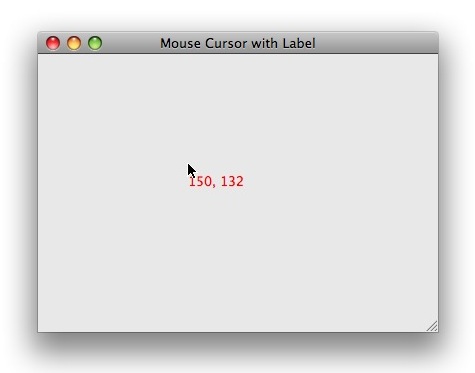Until a little while ago I don’t think I had ever thought about intentionally casting a null value in Java, but then I ran into a problem and realized that the solution was to cast a null value, like this:
FileDialog d = new FileDialog((java.awt.Frame) null);
You have to do that in this case because FileDialog has several one-argument constructors, including one that takes a JFrame and another that takes a JDialog. If you just put null in the constructor the Java compiler or your favorite IDE will complain, so you have to cast the null value to one of those specific types, and this syntax shows how to do this. (My app uses multiple frames, and at the moment I’d rather put null in the FileDialog constructor than try to determine which frame is currently in the foreground.)
